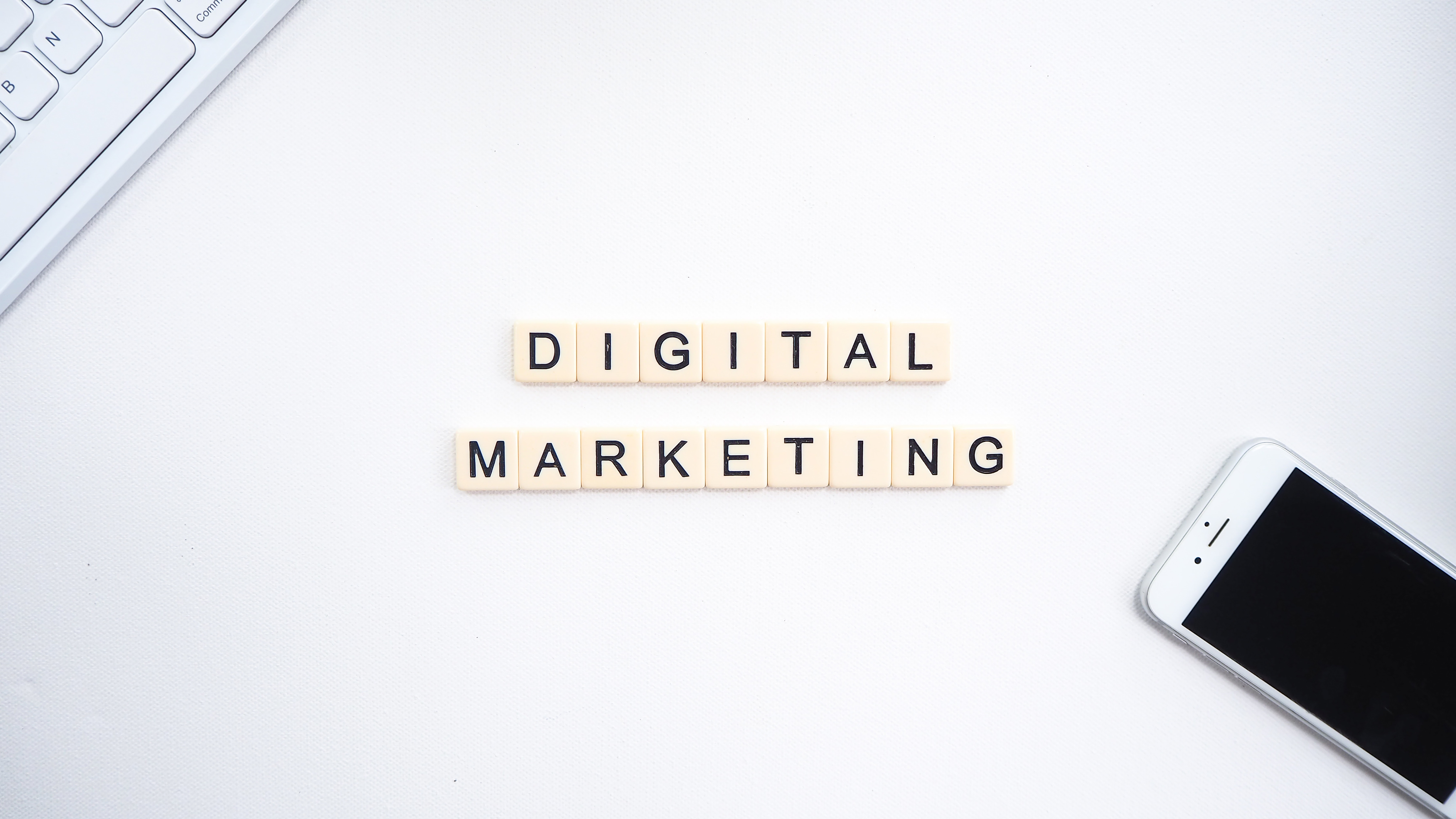Today, world leaders meet in London pledging to tackle global corruption. More than 30 countries including the UK, are expected to agree to start automatically sharing company ownership records, allowing law enforcement agencies to crack down on money laundering.
Making the issue a priority is a big first step and hopefully, the outcome will be far-reaching. But SMEs also have to do their part to protect themselves, and be sure they know who they’re really dealing with.
A global problem needs a truly global solution. It needs an unprecedented, courageous commitment from world leaders to stand united, to speak into the silence, and to demand change.
PM David Cameron
It pays to know who you’re dealing with
Due diligence isn’t just the preserve of big, multi-nationals. The Panama Papers revealed the tax affairs of many high-profile names, but they also contained thousands of other names who, while may not be considered headline-worthy, were involved in business dealings big and small right across the world.
For SMEs, the impact of getting caught up unintentionally in a questionable business deal can be huge, both on their reputation and finances. Half of the UK’s workforce are employed by companies with 500 staff or less (that’s more than 15 million people) and their livelihoods depend on employers taking the necessary precautions to protect their business.
Checking out who you’re working with can easily get overlooked in the day-to-day efforts to win new business. When a lucrative business deal lands on the table or a supplier quotes for work that needed doing ‘yesterday’, due diligence often isn’t the first thought.
But it should be. And all it takes is a few, simple steps.
What do you think?
Join our business community and share your views on the things that matter to your business.
photo: 10 Downing Street / flickr.com / CC BY-SA 2.0



